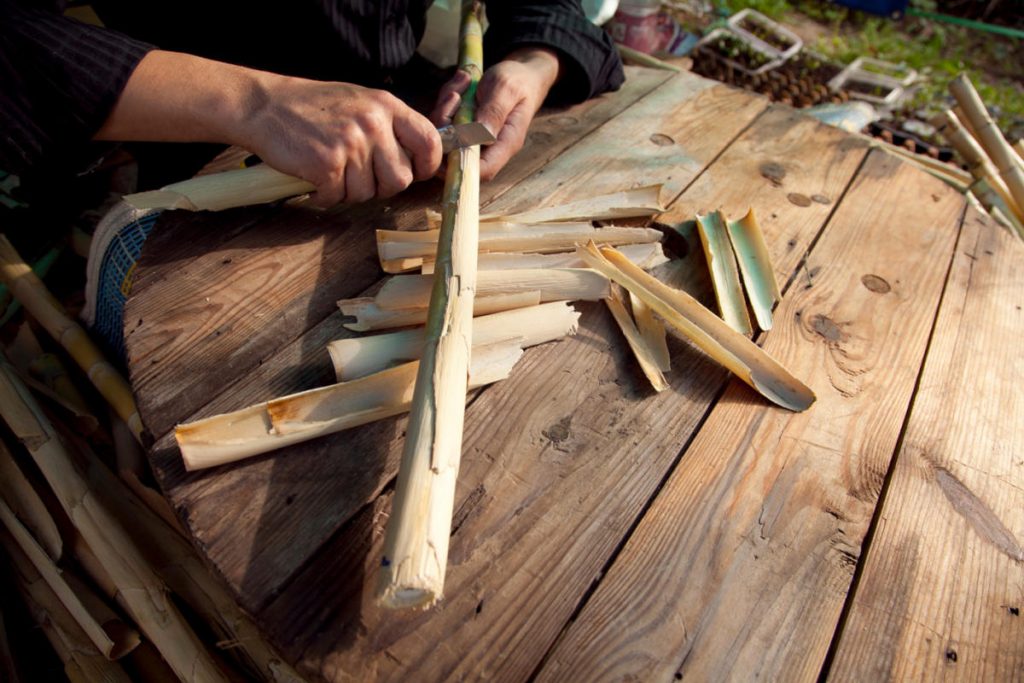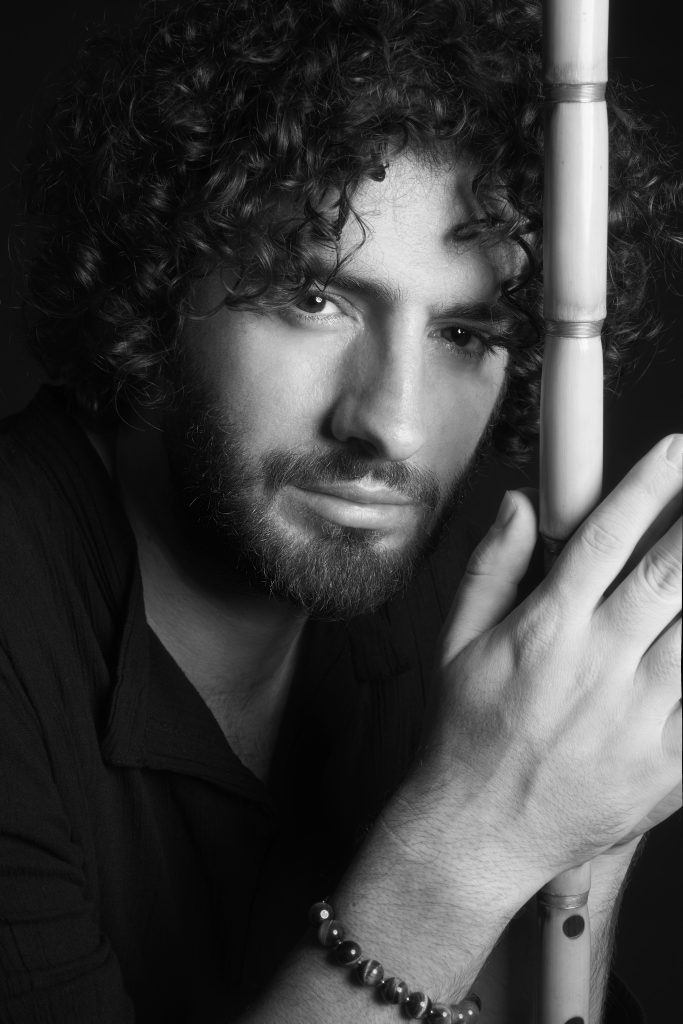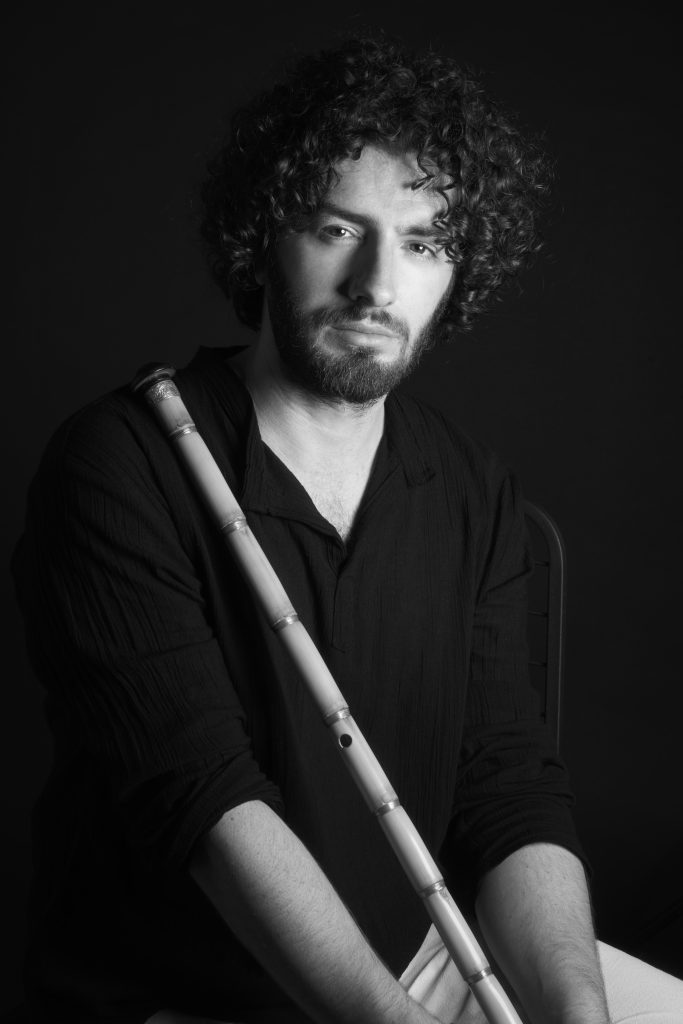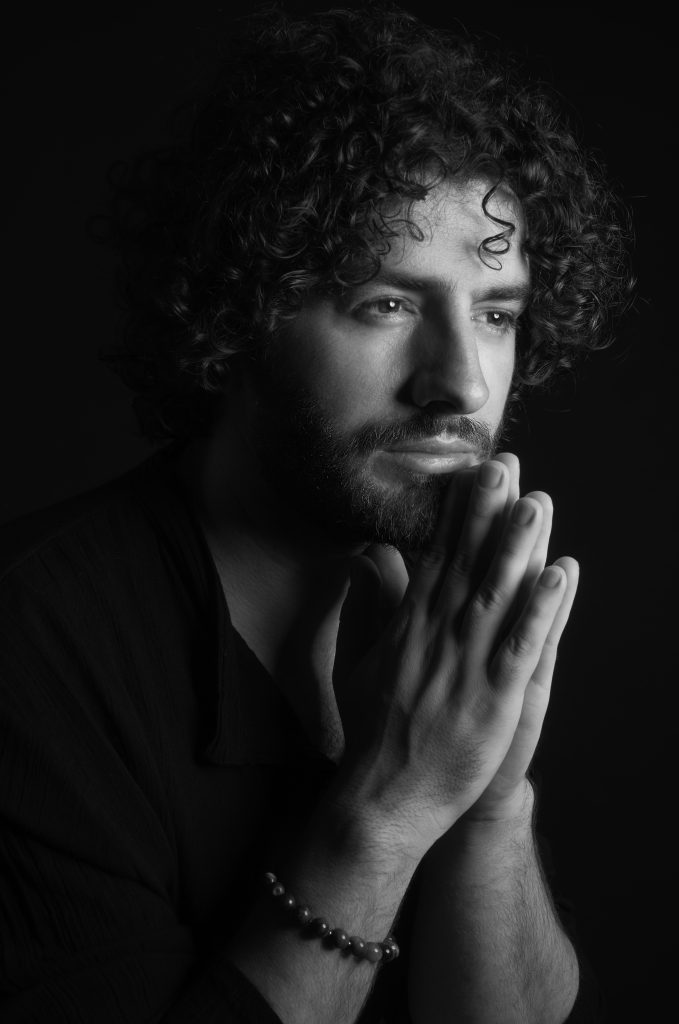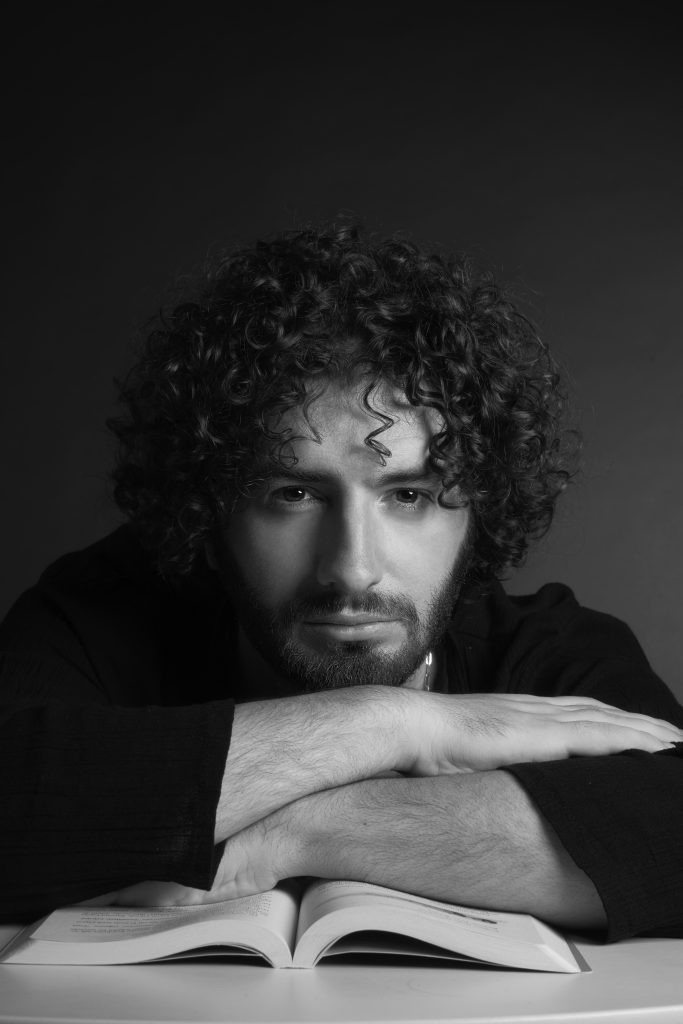If you are searching for something, it is within YOU. “If you are searching for the guesthouse of the soul, you are the soul. If you are searching for a piece of bread, you are bread. If you are searching for a drop of water, you are thirst. If you are searching for love, you are a lover.. If you understand this point, it means you understand the matter so again
Whatever you are searching for, it is within YOU.”
That is why
If you know what you are searching for, you also know who you are…
Hakan MENGÜÇ
Remember that whatever you are searching for in this world, it is also searching for you.
Every step you take in this pursuit is valuable.
Believe me, it is not in vain. I admit that sometimes you don’t find what you’re looking for, but you can be sure that those who find are always the ones who search.
Mevlana, throughout his life, embarked on the pursuit of many things, a very valuable philosopher and thinker. He sought knowledge, love, nothingness, wisdom, and the way throughout his life…
During this journey, he also searched for a companion who would guide him, open up his horizon, a soulmate, a confidant, a fellow traveler…
He even put his search into verses at times: “Who can see me as I am? I have no color, no insignia. I do not know when this heart will be still.”
While talking about his pursuit, he also offers a very important wisdom to those who understand… Mevlana’s writing is very noteworthy in this respect, in my opinion. Because he directly states some of the information he wants to convey, but he also hides them under obscure and deep expressions and meanings from time to time. He codes them, he does not openly reveal them, he covers them up. Most of his poems are full of these types of codings.
These are the secrets of knowledge that have been sealed. They are not for everyone, but for those who are ready to open themselves up to them… They require maturity, vision, intelligence, intuition, and sensitivity.
Mevlana chooses to open some of his teachings to an active reader and does it with great mastery, with poetry. Let’s stay on the poem I gave as an example and look at Mevlana’s teachings that he concealed:
“Who can see me as I am? I have no color, no insignia. I do not know when this heart will be still.”
Do you know who “friend” is, my fellow traveler?
Friend is someone who understands the state of being. A friend is someone who can hear not only what you say but also what you do not say. Sometimes, while walking your own path in this world, you will feel very lonely. You will feel alone even in the crowds. You may even say to yourself that you are a lonely traveler without anyone to rely on.
You will complain that nobody can see you as you are, complete and whole. You will complain that nobody understands you, notices you, or realizes your existence.
Maybe you will feel like disappearing, the desire to disappear, the need to leave everything behind, and go away. You will want to disappear so that someone will find you, see you, notice you, and understand you.
You will wish for someone to notice your absence immediately, to follow you, to make an effort for you, to pull you out from a narrow and obscure hole that nobody would ever think of. You will want someone to realize your worth. You will wait motionless, hidden, not to be erased but to be discovered in a corner.
At the point where you think you have become completely worthless, you will think that even living has lost its importance. Everything will seem meaningless, bad, and always against you. You will probably have no more enthusiasm, hope, or desire to take even one step forward. You will think it’s over.
But that is where everything begins, be careful. That is where your fate will change.
Mevlana was also a lonely man in the midst of crowds. Outwardly, his surroundings were crowded, his life was full of people, everyone loved him and respected him. But nobody understood him, nobody saw his true self, they saw an idealized image of him. Who was there to truly understand amidst these crowds?
Who was there to hear even their silence?
Who was there to see the invisible in them?
No one!
No one at all…
But still, they continued their search. It had become what they were searching for over time. Both friend, master, travel companion, guide, and path…
Mevlana expressed their search with these words:
“Just as a thirsty lip seeks water, water also seeks a thirsty lip.”
Then one day, what happened?
They found what they were looking for.
A friend came to Konya from thousands of kilometers away.
Their name was Shams-i Tabrizi…
They became a friend who shone like the sun, accompanied Mevlana in writing the Mesnevi, and was filled with love for them.
They had changed and supported Mevlana so much that they described in these verses how they had become complete and whole…
“My eye’s light has come.
If you have asked for something else,
Here I am, that something else.”
Now listen well, my travel companion. Whatever you complain about in your life, know that you have found it because you were searching for it. Therefore, pay attention to what you are searching for. Because what you are searching for is what you are.
If you are searching for love, then you are love. If you are searching for a friend, then you are a friend. If you are searching for knowledge, then you are knowledge. If you are searching for enthusiasm, then you are enthusiasm. If you are searching for peace, then you are peace. If you are searching for success, then you are success.
Your mind and tongue may be tripping you up, be aware. Your mind is a good manipulator, don’t fall into its trap.
A person seeking success doesn’t go to work grumbling in the morning. If you are complaining about working, then what you are seeking is failure, so don’t blame anyone else.
A person seeking love doesn’t criticize or judge the people around them. If you are not extending a helping hand to anyone or generously offering tolerance, then what you are seeking is not love, but loneliness, so don’t blame anyone else.
A person seeking a friend doesn’t act selfishly or lie. If you are not giving anyone trust, only thinking of yourself, or always changing your mind, then what you are seeking is not friendship, but hostility, so don’t blame anyone else.
Stop and think, would you want to be a travel companion with yourself? Would you trust yourself forever? Would you agree with yourself in any situation? Would you turn your back on yourself? Would you attach yourself to yourself? Would you dedicate your life to yourself? Your answers will change the rest of your journey from top to bottom, so be honest please.
Pay attention to what you are searching for.
Look at what you are really pursuing, not just what you appear to be searching for. Look at your actions, thoughts, choices, attitudes, words, feelings, and heart.
Because a person is only what they are searching for, not someone else…








